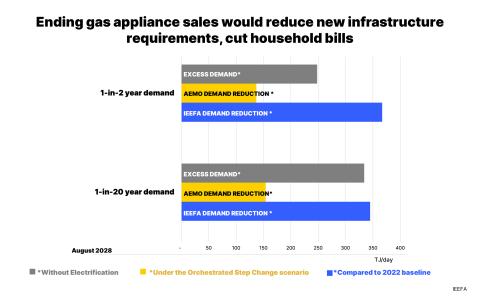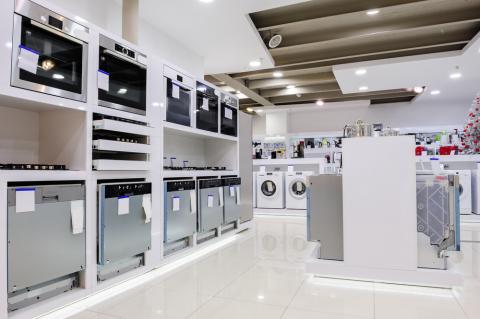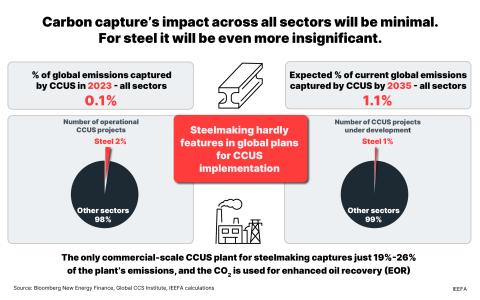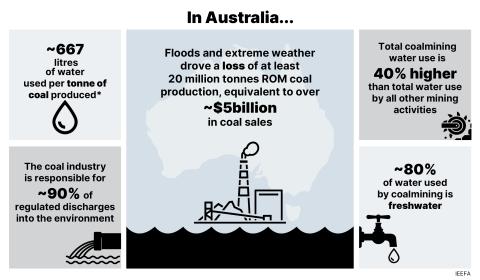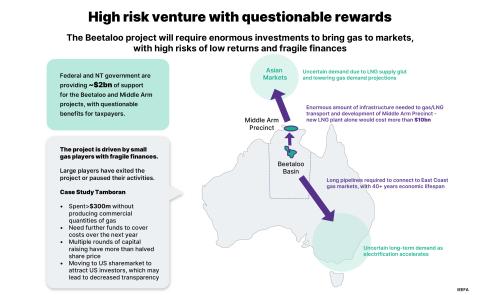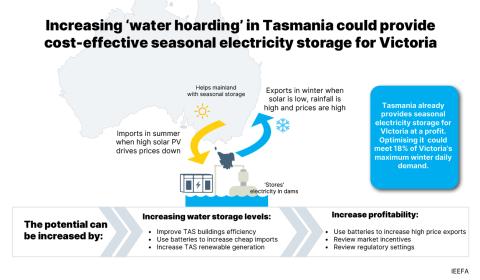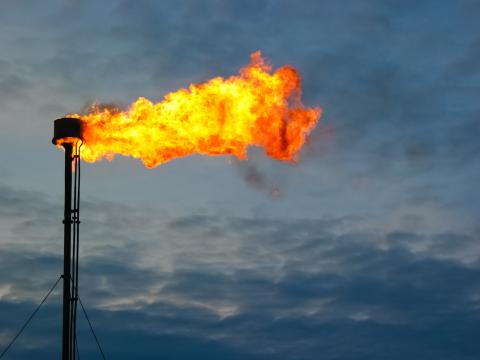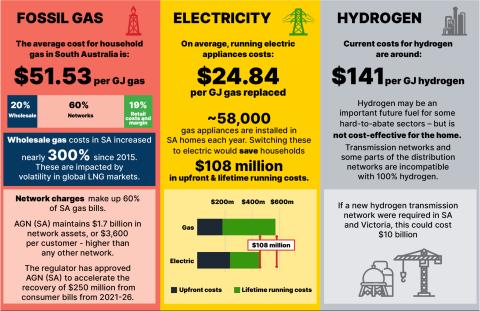IEEFA update: South Korea takes further steps away from thermal coal
(IEEFA Australia) – The South Korean Ministry of Trade, Industry and Energy has tabled a new draft energy master plan that increases the nation’s ambition to move away from coal and towards renewable energy, according to a briefing note released today by the Institute for Energy Economics and Financial Analysis (IEEFA).
The briefing note, South Korea Shifting Further Away From Coal, highlights how South Korea’s change in policy will have significant implications for the Australian thermal coal mining sector in general, and for the Bylong Coal mine proposal in particular.
Simon Nicholas, Energy Finance Analyst at IEEFA and co-author of the briefing note, says the proponent of the Bylong Coal proposal, the South Korean government-owned Korean Electric Power Corp (KEPCO), is now out of step with the government’s determination to transition away from thermal coal.
“KEPCO Bylong have defended the need for the long-stranded project by highlighting the strategic importance of meeting South Korea’s future thermal coal demand. The government’s latest move further undermines this defence,” said Nicholas.
South Korea was already shifting away from coal before this latest development. This month, the South Korean government has also raised coal import taxes by another 28% to US$40/t, while cutting taxes on LNG imports by 75%.
“It’s clear the government wants power generators to start favouring LNG over coal,” Nicholas said.
Bloomberg New Energy Finance forecasts the South Korean electricity generation mix will move from 72% coal and nuclear in 2017, to 71% gas and renewables by 2050.
The Korean government wants power generators to start favouring LNG over coal
In 2018, NSW thermal coal exports to South Korea were down 12% over the prior year as Korea diversified its coal sources away from Australia, according to the briefing note. The peak of NSW thermal coal exports to South Korea was in 2015 and export volume in 2018 was 35% lower than the 2015 peak.
Korean coal imports will drop by almost 50% by 2040 under the International Energy Agency’s (IEA) New Policies Scenario from 2017. In this scenario, the world fails to tackle global warming and heads for dangerous climate change of +3°C or more.
Tim Buckley, IEEFA’s Director of Energy Finance Studies and co-author of the briefing note, points out that the long-term decline in South Korean thermal coal imports will have impacts beyond Australia.
“In addition to being one of Australia’s ‘big four’ thermal coal export destinations, South Korea is the third largest thermal coal export market for both South Africa and Indonesia – the world’s largest thermal coal exporter,” said Buckley.
“As these producers lose their South Korean market they will be fiercely competing over possible replacement markets,” he added.
This impact will be exacerbated by the decline in imports in China, India and Japan – the Australian Government’s Office of the Chief Economist forecasts declining thermal coal imports in all these countries to 2024.
“Adding new thermal coal mine capacity in this situation makes no sense for the NSW government — it will lead to further long-term oversupply, contributing to depressed prices and reduced royalty income,” said Buckley.
“With a seaborne thermal coal market heading for over-supply in the long term, now is the time to start taking rational steps to prepare,” Buckley added. “For the NSW government, such rational steps should include the cessation of new thermal coal mine approvals.”
Media Contact: Kate Finlayson ([email protected]) +61 418 254 237
Analysis: Simon Nicholas ([email protected]) +61 40 583 1614
Tim Buckley ([email protected]) +61 40 810 2127
About IEEFA: The Institute for Energy Economics and Financial Analysis (IEEFA) conducts research and analyses on financial and economic issues related to energy and the environment. The Institute’s mission is to accelerate the transition to a diverse, sustainable and profitable energy economy.



